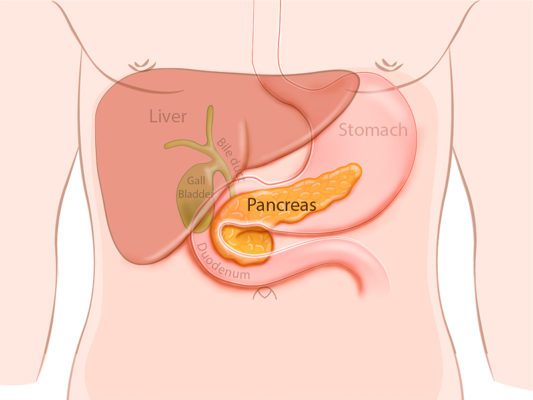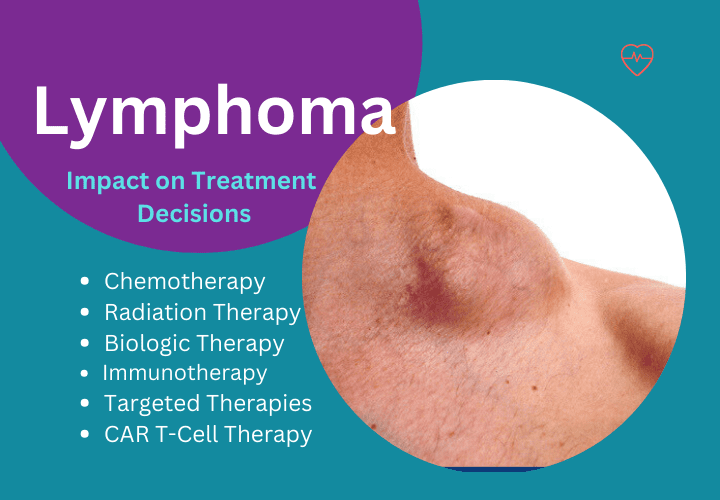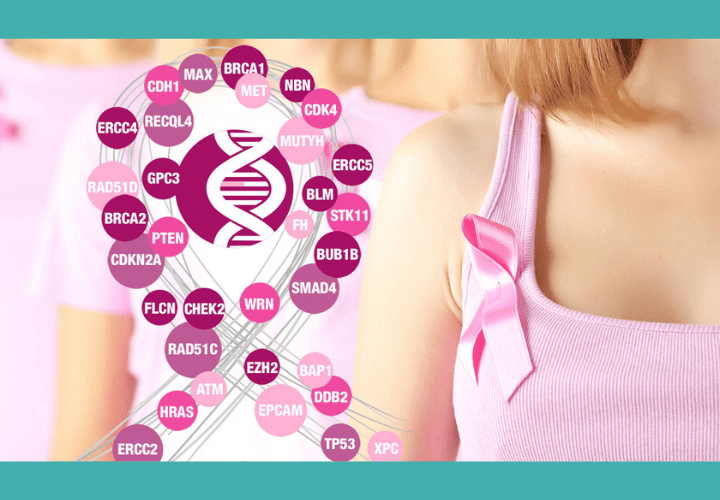Dealing with Pancreatic Cancer, Expert Opinion

Dealing with Pancreatic Cancer, Expert Opinion
- onco
- March 17, 2021
Dealing with Pancreatic Cancer, Expert Opinion It’s complicated and symptoms are hard to detect
The incidence of pancreatic cancer may be rare, but it doesn’t mean the number of people seeking treatment for pancreatic cancer in Delhi will not rise.
What is pancreatic cancer?
Pancreatic cancer develops within the tissues of the pancreas, which is an absolutely vital organ located behind our stomach. The pancreas plays a critical role in the digestion process by producing enzymes that help the body digest fats, carbohydrates, and proteins.
The pancreas also produces two very important hormones: glucagon and insulin which are responsible for keeping glucose under control and metabolism. Insulin assists the cells in metabolize glucose to produce energy and glucagon helps raise glucose levels when they are too low.
Due to the location of the pancreas, pancreatic cancer can prove more difficult to detect and is often diagnosed in advanced stages of the disease.
Symptoms of Pancreatic Cancer
Pancreatic cancer will not show symptoms until it has reached an advanced stage of the disease and because of this reason, there typically aren’t really any early symptoms of pancreatic cancer.
Even once cancer has advanced, the most common symptoms can be subtle. They can be appetite loss, unexpected weight loss, stomach, and lower backaches, blood clotting, jaundice, and depression.
Pancreatic cancer that has spread can worsen preexisting symptoms and as cancer will spread, people experience some additional symptoms.
Pancreatic cancer causes
The exact cause of pancreatic cancer is in fact: unknown. This cancer occurs when abnormal cells begin to grow inside the pancreas.
Normally, healthy cells will grow and die in moderate amounts but in cancer, there is an increased amount of abnormal cell production, and these cells will take over the healthy cells in the end.
While doctors and researchers don’t know what exactly causes these mutations/changes in the cells, they do know some common factors that may increase the risk of developing this type of cancer.
The two most significant risk factors include inherited gene mutations and acquired gene mutations. Genes control the way our cells act, so changes to those genes can lead to cell abnormalities which lead to cancer.
Your treatment will depend on the stage where the cancer is, but getting early treatment is essential, as always when it comes to dealing with cancer. Get in touch with our expert oncologists at Delhi’s best hospital for cancer treatment, Oncoplus.
Recent Posts
-
Signs of Stomach Cancer: Diagnosis and Treatment
April 18, 2024
-
The challenge of young women with breast cancer
March 5, 2024





Leave a Reply